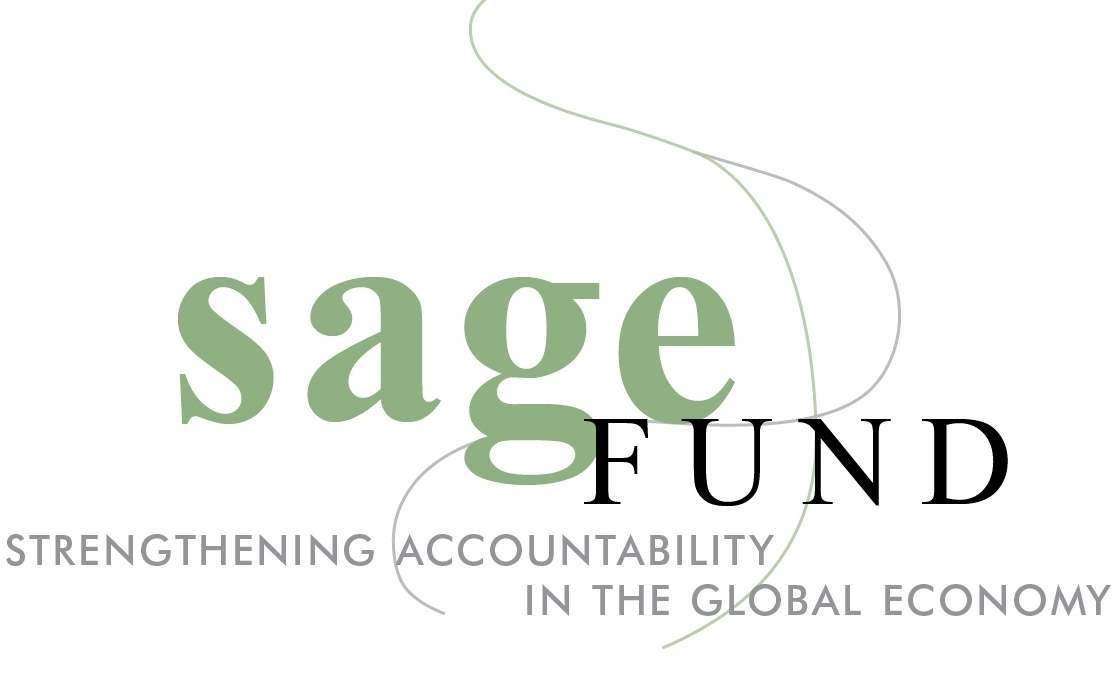Full Disclosure
organization
Centre for Environmental Rights (CER)
description
Full Disclosure is comprised of a series of five online reports that assess company disclosure of environmental liabilities and present the findings in terms of material risk with the aim of encouraging investors to scrutinize management claims and pressure regulators to enforce compliance. It focuses on companies listed on the Johannesburg Stock Exchange in South Africa. The Centre for Environmental Rights (CER) uses its knowledge of environmental issues that communities are facing and legal expertise to identify key issues and related regulatory aspects, and works with a consultant to analyze the company disclosure and develops a report with its findings. The report is then made public through the media, in some cases in coordination with community members and local organizations. CER takes the lead on follow-up advocacy with companies, investors, the minerals council, chambers of mines, independent auditors and state authorities. With regard to investor engagement, this begins with relationship-building and information-sharing to raise awareness, before calling on investors for accountability and a more concrete response vis a vis their investment in a given company, project or sector.
CER has in-house experience in environmental law, regulation and enforcement mechanisms, as well as advocacy, communications, and relationships to other advocacy organizations and affected communities in South Africa. To develop these reports, they work with consultants with experience in areas such as capital markets and financial services to do the data collection and analysis. They also contract someone to design the report and accompanying images.
impact
Illustration of Impact: The final three Full Disclosure reports in this five-part series examine: 1) environmental rehabilitation and mining companies reporting of environmental liabilities, 2) water pollution and company lack of compliance with water use licenses, and 3) the top 10 greenhouse gas emitters in South Africa. The environmental rehabilitation report demonstrated the lack of compatibility between the information companies report and regulations on environmental rehabilitation in South Africa. As a result of their work, CER was positioned to provide input on related regulatory reforms, which are ongoing.
The evidence that CER has accumulated over the course of developing this series of five reports has given the organization greater credibility to speak to a wide range of audiences and to challenge corporate conduct. They have also been approached by the minerals council, met with companies, and the state regulator has sought access to their data. Pinpointing changes that may be felt at the community level is a challenge. Companies have so far not made the sort of concrete changes on the ground that CER would like to see, but CER is hopeful about potential outcomes for communities as they move into the advocacy process with their fourth report on non-compliance with water licenses. CER is planning to evaluate the overall outcomes from the five reports in 2020.
